A growing number of families, health professionals, and even celebrities have been rediscovering a remarkably easy yet incredibly effective cough remedy in recent months: honey and lemon. It is no longer merely a folktale. Supported by organizations like the NHS and the Mayo Clinic, this combination is regaining popularity due to its capacity to relieve sore throats, lessen the frequency of coughing, and promote deeper, more restful sleep, especially in children and the elderly.
Honey works as a natural demulcent and coats the throat to help break the pattern of chronic coughing. It’s more than just anecdotal. Honey has been compared to common over-the-counter drugs like diphenhydramine in a number of clinical studies. The outcomes? Without the negative effects usually associated with synthetic ingredients, honey performed just as well, if not better. This presents a particularly helpful substitute for parents who are concerned about giving their kids medicated syrups.
Simple Table for WordPress Use
| Feature | Details |
|---|---|
| Remedy | Honey and Lemon |
| Primary Use | Relief for dry cough, sore throat, and cold symptoms |
| Backed By | Mayo Clinic, NHS, National Honey Board, GoodRx |
| Ingredients Needed | Honey (raw), Lemon juice (fresh), Optional: ginger, warm water |
| Methods of Use | Warm drink, spoonful of honey, homemade syrup |
| Age Restriction | Not suitable for children under 1 year (due to risk of botulism) |
| Recommended Dosage (Adults) | 1–2 tablespoons of syrup or 1 warm drink up to 3–4 times daily |
| Celebrity Influence | Used by Gwyneth Paltrow, Kourtney Kardashian, and endorsed on Goop |
| Societal Impact | Reduced reliance on over-the-counter meds; promotes natural wellness |
Lemon offers more than just a tangy boost when it comes to seasonal illness. Citric acid aids in mucus thinning, and its high vitamin C content boosts immune function. When mixed with warm water, the end product is a beverage that tastes calming, feels cozy, and offers significant relief. This mixture has become a standard in kitchens, clinics, and even the homes of celebrities, particularly during the colder months.
Kourtney Kardashian, a wellness advocate, recently revealed in an interview that she always has fresh lemons and raw honey on hand. Given how quickly it relieves her children’s nighttime coughs, she explained, “It’s our first line of defense.” Similarly, honey-lemon teas and tonics are frequently featured on Gwyneth Paltrow’s Goop platform, promoting this remedy in contemporary health-conscious circles.
Anyone can make this remedy at home with a few easy steps. In a cup of warm water, combine the juice of half a lemon with one to two teaspoons of raw honey. Mix well. Take a sip slowly. For a more complex version, use freshly grated ginger or ginger slices and lemon zest that have been simmered in water before being combined with honey. This homemade syrup is a very effective addition to your medicine cabinet because it can be stored in the refrigerator and used for up to two months, according to the National Honey Board.
Half a teaspoon to a teaspoon of honey, up to four times a day, may be enough to alleviate symptoms in children older than a year. Although moderation is always advised, adults can take up to two tablespoons every four hours. The Mayo Clinic and the Pharmaceutical Journal have repeatedly stressed that honey is inappropriate for children under one year old due to the risk of infant botulism.
Lemon and honey are now viewed as medically relevant tools in symptomatic and preventive care, rather than just pantry staples, thanks to strategic communication from health organizations and online platforms. Given that recent guidelines advise against giving the majority of over-the-counter cough medications to young children, this is especially innovative in light of concerns about overmedication.
Natural treatments like this are becoming more popular in the quickly changing health sector because they are safe, efficient, and surprisingly inexpensive. They enable people to treat minor illnesses with home remedies and lessen reliance on pharmaceuticals. This becomes even more significant for underserved or rural communities, where access to pharmacies and pediatricians may be restricted.
Natural wellness practices have become increasingly popular since 2020, mostly due to digital content and pandemic-era prudence. Reviving interest in honey and lemon remedies has been greatly aided by TikTok creators and Instagram influencers. In one particularly popular video, which received millions of views in a matter of days, a mother was seen administering honey-lemon-ginger syrup to her ailing toddler. In addition to being endearing, it was educational.
Even doctors have started to recognize the legitimacy of these alternatives in recent years. They readily support the use of honey and lemon to manage mild symptoms and improve comfort during recovery, but they are cautious to stress that they are not remedies for serious infections.
During the colder months, teachers frequently keep honey-lemon tea on hand in classrooms. “It’s my secret weapon for getting through back-to-back classes,” a high school teacher in New York revealed. This opinion is shared by those in occupations where vocal strain poses a risk—singers, educators, and even podcasters all emphasize the calming advantages of this technique.
Society is shifting toward a more sustainable approach to routine healthcare by supporting ingredients that are readily available, natural, and supported by science. Families and medical professionals alike are now acknowledging the advantages, which include significantly better sleep during colds, a significant decrease in nighttime coughing fits, and extremely effective throat relief during flu season.
Lemon and honey will probably continue to be at the forefront of this return to nature movement in the upcoming years due to the growing demand for safety and transparency in medicine. This pairing is incredibly dependable, whether it’s a warm cup on a sick day or homemade syrup.
